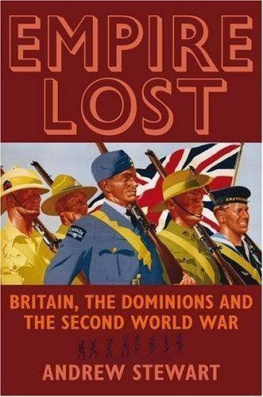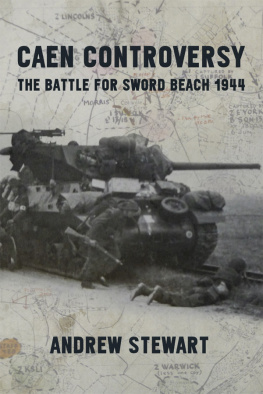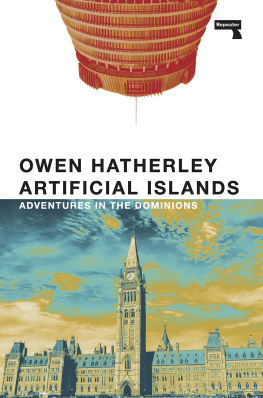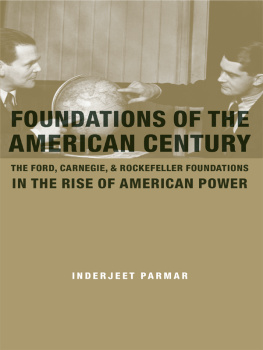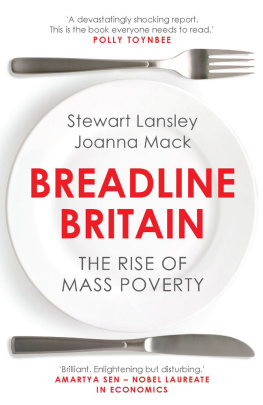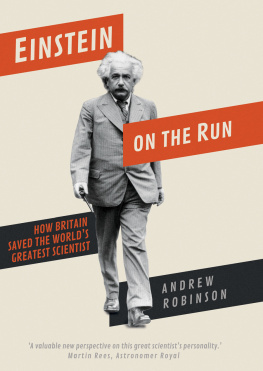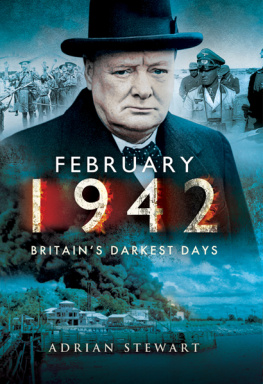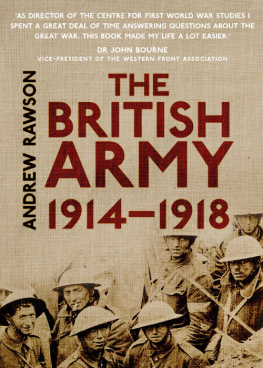Andrew Stewart - Empire Lost: Britain, the Dominions and the Second World War
Here you can read online Andrew Stewart - Empire Lost: Britain, the Dominions and the Second World War full text of the book (entire story) in english for free. Download pdf and epub, get meaning, cover and reviews about this ebook. year: 2008, publisher: Continuum, genre: Politics. Description of the work, (preface) as well as reviews are available. Best literature library LitArk.com created for fans of good reading and offers a wide selection of genres:
Romance novel
Science fiction
Adventure
Detective
Science
History
Home and family
Prose
Art
Politics
Computer
Non-fiction
Religion
Business
Children
Humor
Choose a favorite category and find really read worthwhile books. Enjoy immersion in the world of imagination, feel the emotions of the characters or learn something new for yourself, make an fascinating discovery.
- Book:Empire Lost: Britain, the Dominions and the Second World War
- Author:
- Publisher:Continuum
- Genre:
- Year:2008
- Rating:5 / 5
- Favourites:Add to favourites
- Your mark:
- 100
- 1
- 2
- 3
- 4
- 5
Empire Lost: Britain, the Dominions and the Second World War: summary, description and annotation
We offer to read an annotation, description, summary or preface (depends on what the author of the book "Empire Lost: Britain, the Dominions and the Second World War" wrote himself). If you haven't found the necessary information about the book — write in the comments, we will try to find it.
Empire Lost: Britain, the Dominions and the Second World War — read online for free the complete book (whole text) full work
Below is the text of the book, divided by pages. System saving the place of the last page read, allows you to conveniently read the book "Empire Lost: Britain, the Dominions and the Second World War" online for free, without having to search again every time where you left off. Put a bookmark, and you can go to the page where you finished reading at any time.
Font size:
Interval:
Bookmark:
EmpireLost
Britain,the Dominions and the Second World War
Andrew Stewart

Continuum UK,The Tower Building, 11 York Road, London SE1 7NX Continuum US, 80 Maiden Lane,Suite 704, New York, NY 10038
www.continuumbooks.com Copyright Andrew Stewart 2008
All rightsreserved. No part of this publication may be reproduced or transmitted in anyform or by any means, electronic or mechanical, including photocopying,recording or any information storage or retrieval system, without priorpermission from the publishers.
First published2008
British LibraryCataloguing-in-Publication Data A catalogue record for this book is availablefrom the British Library.
ISBN 978 1 84725244 9
Typeset byPindar NZ, Auckland, New Zealand Printed and bound by MPG Books Ltd, Cornwall,Great Britain
Contents
For my parents
Introduction:A Special Relationship
'Walk aboutSion, and go round about her: and tell the towers thereofmark well herbulwarks, consider her houses; that ye may tell them that come after'1
In 1958 Nicholas Mansergh finally finished a projectthat he had started 11 years before, a monumental survey of the BritishCommonwealth of Nations. He had been elected by the Royal Institute ofInternational Affairs to the newly established chair of British Commonwealthrelations, and one of the duties he assumed was the continuation of theSurvey of British Commonwealth Affairs. From 1953 onwards, Mansergh wouldsplit his time labouring to finish his research and writing at the renownedthink-tank based at Chatham House in the heart of London while also serving asSmuts Professor of the History of the British Commonwealth at CambridgeUniversity. The result was two volumes of the Survey with threesupporting volumes of Documents and Speeches. His initial volume,Problems of External Policy, 1931-39, offered an exhaustive study of thecircumstances that had led, what at this point was still then generally termedas 'the British Empire', into its final titanic military struggle. Thepublication of the accompanying documents followed before Mansergh's secondvolume, Problems of Wartime Cooperation and Post-War Change, 1939-1952,was released to considerable acclaim. One reviewer described it as 'anextraordinary arrangement', a book of 'scholarship and insight, illuminatedwith flashes of wit'. Another, himself a great historian of the Empire andAustralian by birth, viewed it as 'the most valuable contribution to the understandingof the Commonwealth of yesterday, today and tomorrow'. This noted scholarProfessor Keith Hancock who pre-war had begun the task of recording theSurvey's assessment of the British Empire's progress, believed it to be an'immense addition to organized knowledge' which explained fully the BritishCommonwealth's evolution. The story told was on a colossal scale drawn fromMansergh's wide pre-war academic studies, supplemented by his own wartimeexperiences. From 1941 onwards he was first the Irish expert, and then laterthe Director of the Empire Division within the Ministry of Information. At thewar's end he moved to the Dominions Office (DO) as an assistant secretary for ashort period before returning to academia. From his wartime offices in MaletStreetin peacetime the heart of the University of Londonhe watched theprogress of the global conflict and its effect on an alliance that in 1939 hadre-forged an historic bond to defeat a common foe. Now he would tell the taleof how in the process of its greatest victory, Britain had lost its Empire. Inbetween there would be further volumes, largely on his other great passionIndia, and in 1969 The Commonwealth Experience was published, 'thecentrepiece of his oeuvre' and still rightly acknowledged as the finest singlebook on the British Empire's progression.2
In1939 there were six fully self-governing member states of the Empire: Canada,Australia, South Africa, New Zealand, Eire and Britain. Attempts to define whatis now sometimes referred to as the Dominion 'concept' or 'idea', the link thatbound them all together, have offered an enduring source of fascination both atthe time and long after they became no more than an historical footnote.3 Atypical view was that of one post-war writer who claimed that Dominion statuswas something which 'white men had invented in the 1920s for other white men,in the style and practice of a gentlemen's club'.4 This is as good adefinition as any, the difficulty was though that the members were loathe topay their contributions; during the inter-war years spending on defence made byeach of them was far from proportionate to their wealth or population size andwhen war returned to Europe in 1939and two years later the Pacificthey wereunprepared. In fairness much the same could also be said about the centraltenet of this organization. British foreign policy during the inter-war periodcan rightly be said to have been 'bedevilled by illusion, navet, unrealityand folie de grandeur', with successive leaders at the mother of parliaments inWestminster failing to recognize that the world was changing and British powerwas no longer guaranteed; as one historian has put it 'the policy-makersbehaved likes ostriches in sand dunes'.5 As a consequence, justthree years after German forces had marched into Poland 'the British Empireappeared to be tottering on the edge of an unimaginably deep precipice'.6The danger was ultimately evaded and the alliance held fast. With the criticalsupport it received from a former member of the original Imperial club, theUnited States, and the other allies fighting the twin Nazi and Japanese peril,in due course this British Commonwealth alliance triumphed. In victory,however, there followed defeat. Despite the assertions of celebrated post-warBritish writers, it is actually difficult to argue that the Second World Wardid not in fact speed up the erosion of the Empire's unity. The very thingwhich the political leadership in London had claimed it was most seeking tosafeguard against, it actually helped precipitate.7
Thisbook considers this 'alliance within an alliance', examining what has been anoft disregarded strand of the vast system that was the British Empire. In oneof the many wartime debates that focused on Imperial themes it was said of theDominions that they were 'not conscripted allies like the satellites ofGermany', but had come into the war of their own free will and could have leftat any time. The idea that they had chosen 'the nobler part of sacrifice anddetermined to be what Wordsworth called "the bulwark in the cause ofman"' made for excellent wartime propaganda.8 It was alsotypical of the florid, often overly romantic prose delivered by a generationbrought up on Kipling-centric ideals. For all this it was undeniably true thatthis was a functioning alliance, one that prevailed over determined andruthless foes. It is the manner in which it operated throughout the SecondWorld War and the pressures and challenges that it faced that will be the focusof this study. Or as Lord Balfour, who played such an important evolutionaryrole, put it in words found on his desk after his death in 1936, 'Whence comesthe cohesion of the Brit[ish] Empire?' His view was that it had drawn its basison various factors, patriotism, loyalty, custom, religion and race being but afew.9 What this book will question is whether such an assessmentremained true in the climatic years that followed his death. In so doing itdoes not attempt to add directly to the undoubtedly significant debate about'Britishness' which has developed in recent years. Bookshelves and magazineracks carry the weight of polemicsome convincing in its tone and evidence,others less soabout the British national character and the relationship withEmpire. How it had developed, what it meant to live in the vast territory itcovered, to what degree it was not just a nation but a society that drew itsvery being from the idea of Empire, each of these has been subjected toreinvigorated scrutiny. As one of these texts has effectively argued, Britainwas actually never 'a convincing Imperial society' and this seemed particularlytrue during the inter-war years.10 Even within this the role andplace of the Dominions only occasionally feature; the references are extremelyscarce, and when they do appear, they are of an almost entirely secondarynature.
Font size:
Interval:
Bookmark:
Similar books «Empire Lost: Britain, the Dominions and the Second World War»
Look at similar books to Empire Lost: Britain, the Dominions and the Second World War. We have selected literature similar in name and meaning in the hope of providing readers with more options to find new, interesting, not yet read works.
Discussion, reviews of the book Empire Lost: Britain, the Dominions and the Second World War and just readers' own opinions. Leave your comments, write what you think about the work, its meaning or the main characters. Specify what exactly you liked and what you didn't like, and why you think so.

